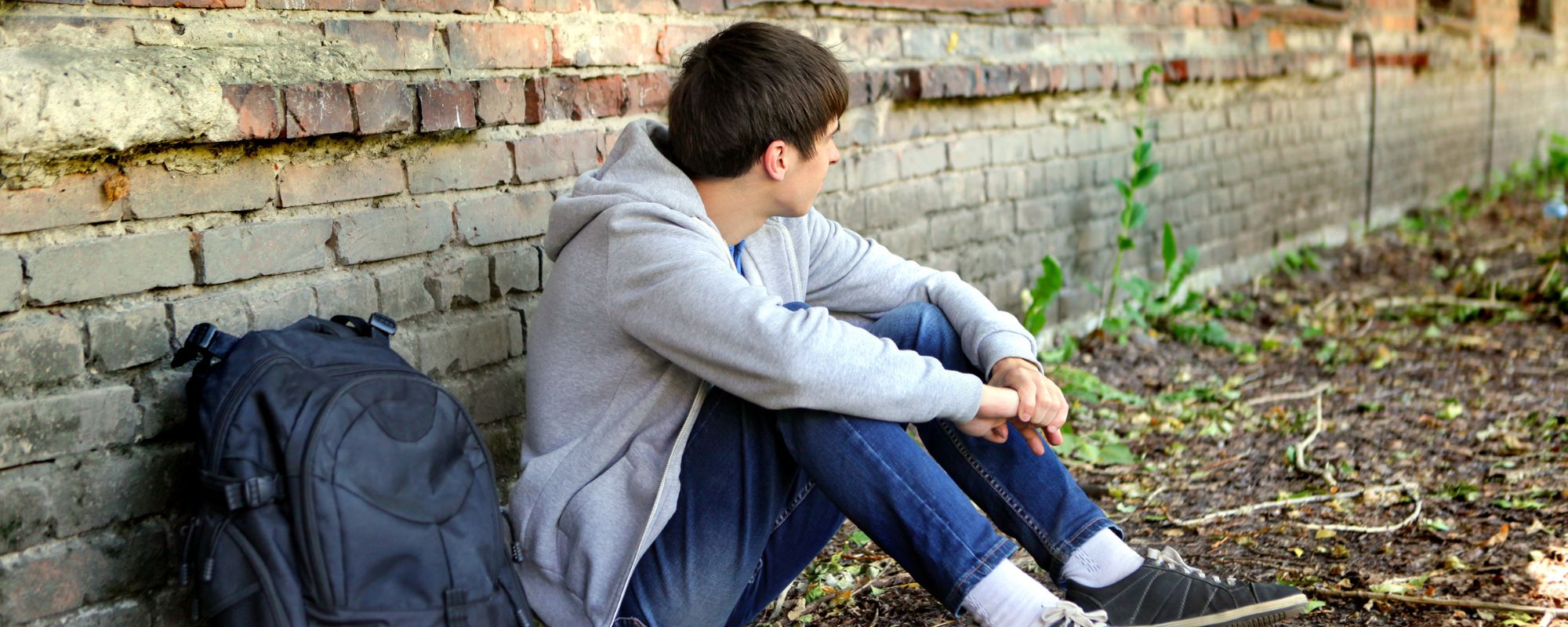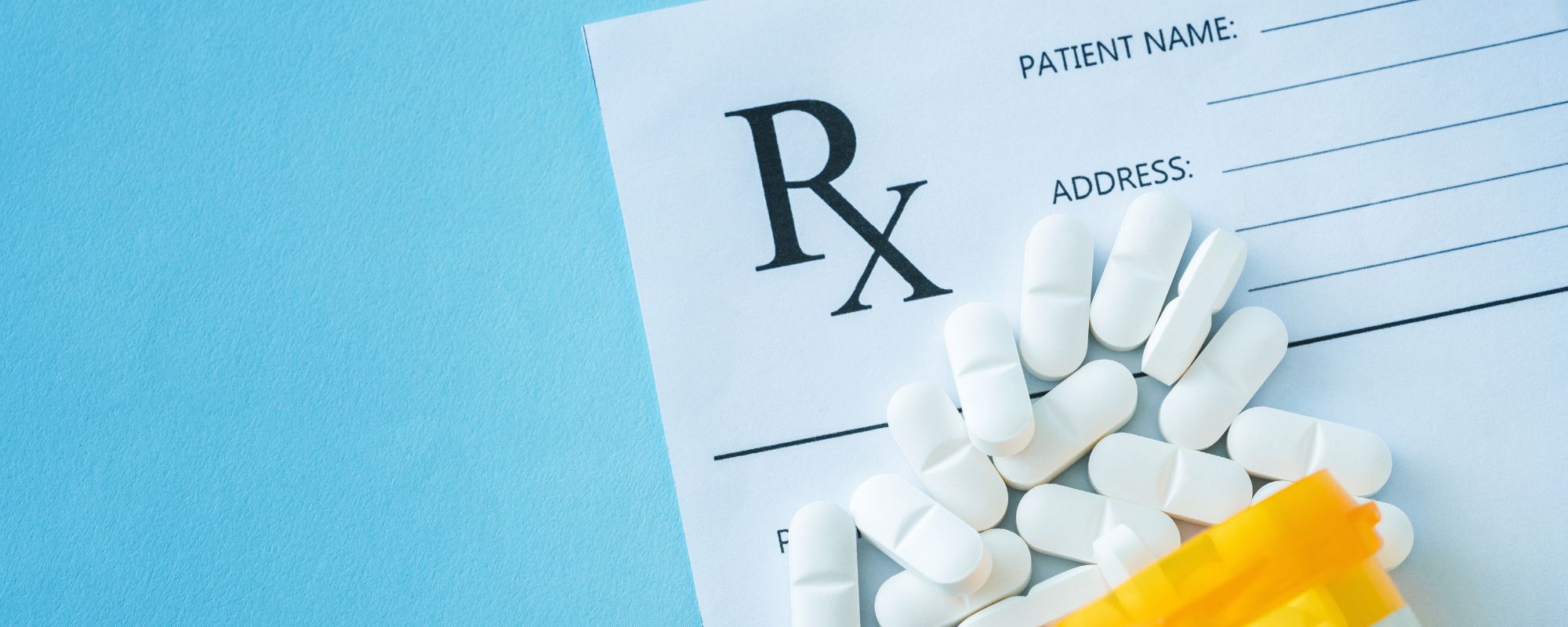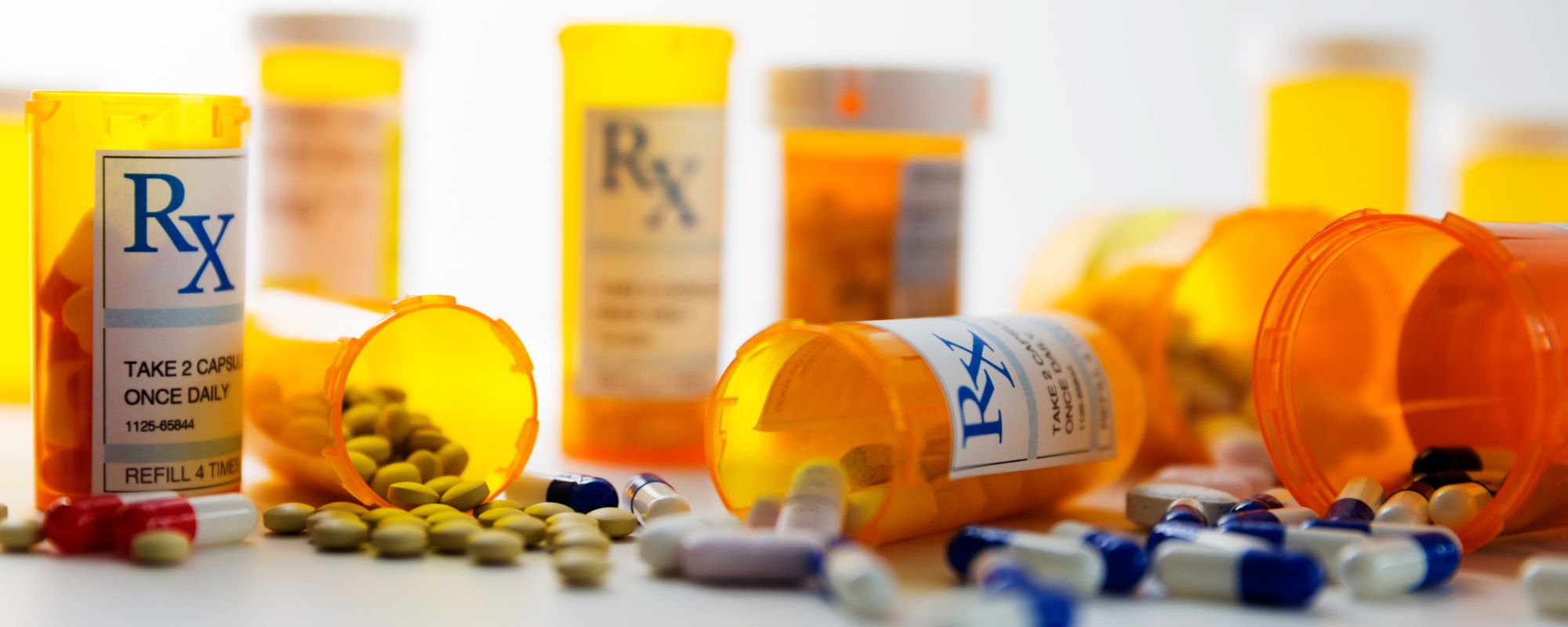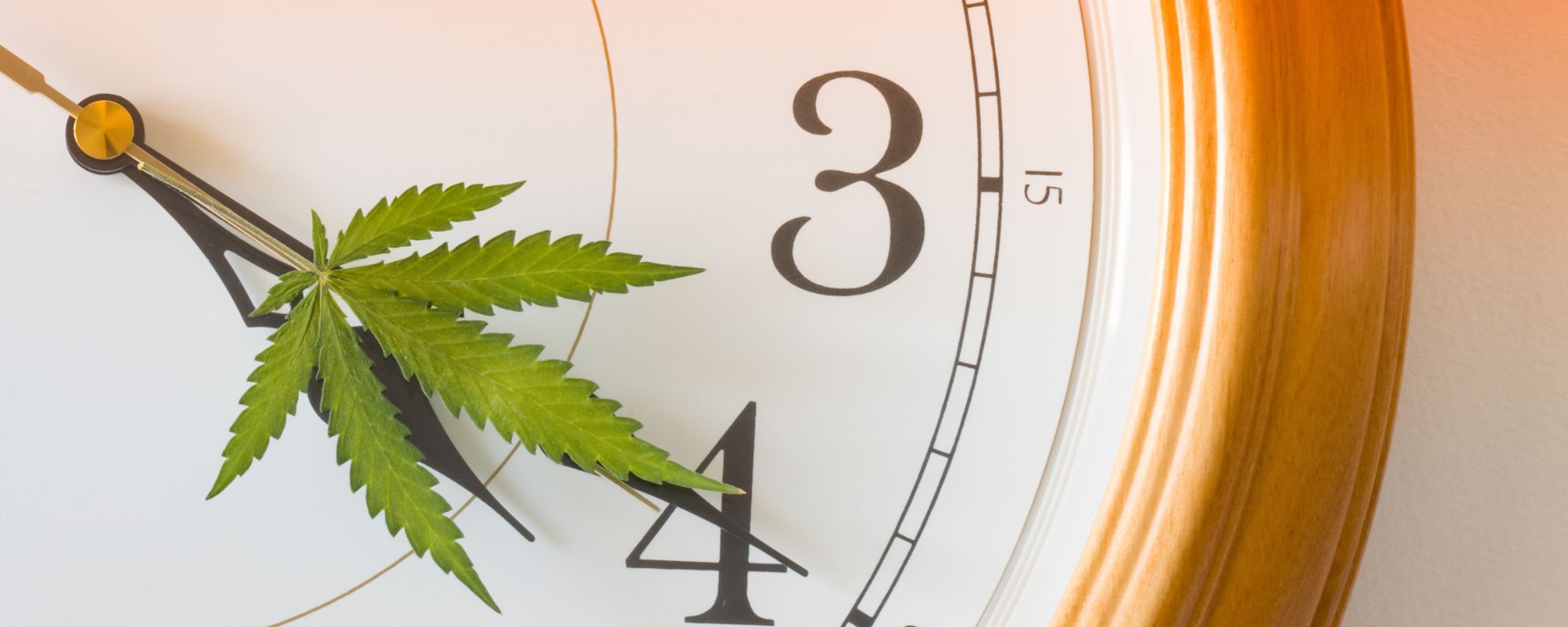Staying positive after a relapse, especially when you’ve been sober for a length of time, can be difficult, but letting negative thinking consume you can make you feel worse and make it harder to not relapse again. On the flip side, you might be especially motivated to “do recovery right this time,” and bite off more than you can chew. Whether you feel one way or the other, or you fall somewhere in the middle, cravings can be particularly intense following a relapse, so it is essential that you are able to manage them by doing what you need to do to stay sober.
Forgive yourself… but don’t forget
Don’t beat yourself up over what happened, but don’t allow yourself to forget what happened, either. Forgive yourself, but learn from your mistakes.
Be diligent in working a program
It’s critical that you are continually taking steps to stay sober and avoid falling back into old habits and behaviors. Meeting regularly with your sponsor to re-work the steps or to just check in on your progress and mental health is essential.
When you are newly sober, it’s important that you are diligent in following through with resolutions that you make or goals that you set for yourself. If, for example, you decide in your first week of sobriety that you are going to attend four meetings per week, don’t let this priority fall to the wayside as you accumulate more clean time. You might feel motivated early on to do your very best, but it’s not uncommon for this conviction to fade with time.
It’s normal to adjust your recovery program over time, and you might come to find that two meetings per week is sufficient for you. Just make sure that you are meeting the goals that you have set for yourself, and ask for help when you need it. Don’t let your priorities fall to the wayside.
Be very weary of the people around you
You are more vulnerable to peer pressure and outside influences following a relapse. If someone you live with keeps telling you about their recent drug use or someone you used to use with tells you that they are planning to relapse, avoid them as best you can. Associating with them could put you in harm’s way by introducing unneeded temptation into your life.
Don’t feel guilty ignoring someone or cutting someone out. If you want, let them know that you’re sober and that you’re not interested in using drugs again. Real friends should respect your sobriety and not put you at risk by curbing their behaviors and watching what they say around you. Protect yourself first.
Distract yourself
Idle time is not conducive to your recovery and will not help you feel better or more motivated. If you are feeling depressed, doing nothing will probably just underscore these feelings and make you feel worse. Find positive activities to engage in, or simply occupy your time with work or errands, that will help keep your mind off of using. Accept an invitation to get coffee or grab a bite to eat even if you don’t feel like it.
Remember that relapse is not failure
Addiction is a chronic brain disease with relapse rates comparable to that of diseases like diabetes, but it is highly treatable with the right tools. Relapse is part of recovery and is not failure. Keep this in mind as you work to get back on track.
At Royal Life Centers at Puget Sound, we understand relapse and the range of emotions that come along with it. If you’re ready to begin recovery, please reach out to our admissions team at (877)-RECOVER. We treat dependence on alcohol, benzodiazepines, cocaine, methamphetamine, and opioids.












